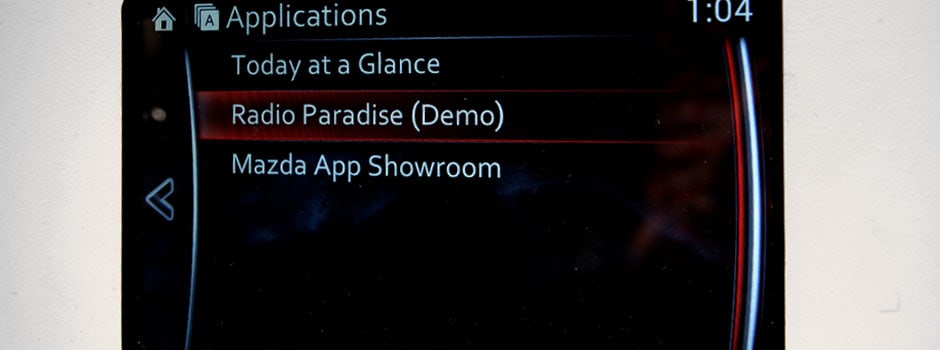OpenCar Targets Would-Be Automotive App Developers
Looks to create a one-stop app solution for all car brands
 Credit:
Credit:
Recommendations are independently chosen by Reviewed's editors. Purchases made through the links below may earn us and our publishing partners a commission.
From Chevy's AppShop to Android in the car, we saw a lot of new additions to the automotive app landscape at CES this year. That variety is great news for consumers, but the large number of app platforms makes it difficult for software developers to focus their efforts.
OpenCar wants to change that. At CES, it debuted a new platform that lets developers easily write apps that work across multiple vehicle brands. According to OpenCar CEO Jeff Pyne, the platform should encourage more companies to put their apps into cars, since it lets a developer write a single app and then submit it to multiple manufacturers.
Currently, most apps available for automotive use come from the major players, like Pandora, iHeartRadio, and TuneIn. That's because writing an app for a car is considerably more involved than creating a smartphone app.
Not only do developers have to take into account safety concerns when designing a user interface, they also have to adapt to how a vehicle outputs data—hundreds of sensors that share information like speed and GPS coordinates. They also have to conform with a manufacturer's design standards, ranging from screen size to approved colors and fonts.
But all those standards are different across different vehicles. So in order to write apps for, say, both BMW and Toyota, developers have to create a custom solution for each one.
When a developer uses OpenCar, however, the framework can easily tailor apps for specific automakers, customizing both the user interface and how it connects with the vehicle. Developers can preview how an app looks on any particular car. One the app is submitted, manufacturers can then make the final decision whether to accept the app.
For example, OpenCar shared booth space with Mazda this year, and demonstrated how a developer could overlay Mazda's Kodo design language onto a new music app. If a developer wanted to send that app to one of Mazda's competitors, though, OpenCar would make that possible. with minimal effort.
We're excited about OpenCar's future. Mazda seems to be, too, which is a good start. But OpenCar is going to need access to automakers' platforms and support from developers to succeed. Here's hoping it makes it easier for third parties to get safe, useful apps in cars regardless of what badge is on the grille.

